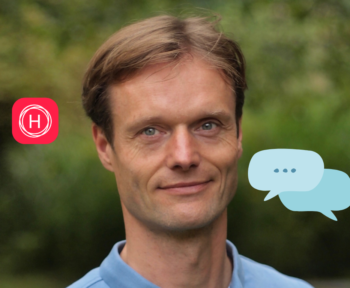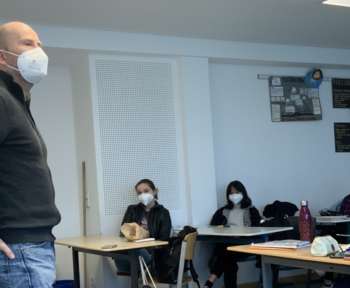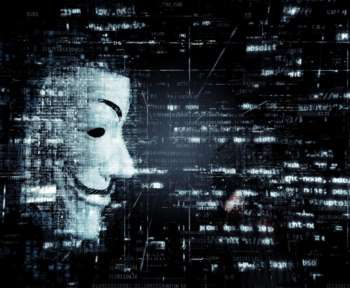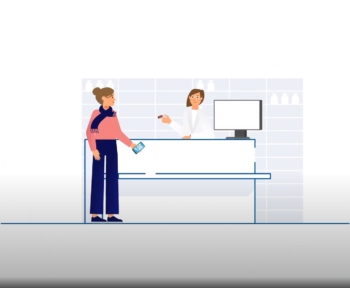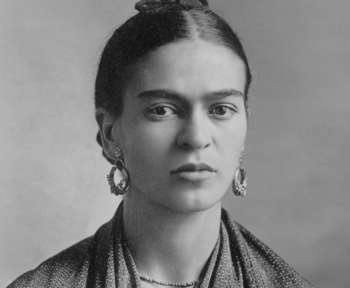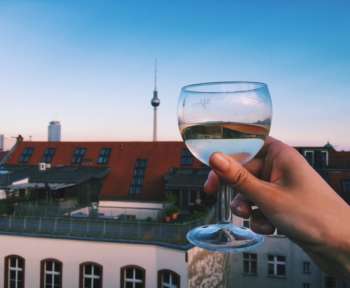Nur wenige Menschen schaffen es, dem Regime des Machthabers Kim Jong-un zu entfliehen. Eine bewegende Geschichte mit wichtigem Appell.
“It’s not easy to give up a worldview that is built into your bones and imprinted on your brain like the sound of your own father’s voice”, states Yenomi Park. “It’s not easy to give up a worldview that is built into your bones and imprinted on your brain like the sound of your own father’s voice.”
By saying so, the activist narrates the feeling of many North Koreans. “You have to tell the world that North Korea is like one big prison camp. If you don’t speak up for them, Yeonmi-ya, who will?” After her mother said these words, Yeonmi Park decided to put aside her insecurities, her fear and the shame she felt and to write about her life, that started in the most oppressing country existing today – North Korea. „In Order to Live“ is a memoir of her childhood in her home country and her escape from it in 2007.
Yeonmi Park was born in the North Korean city of Hyesan which is separated by the Yalu River from China. At the age of 13, she managed to escape from there together with her mother and gain her freedom. She knew nothing of the outside of world other than what she was taught in school. „Instead of scary fairy tales, we had stories set in a filthy and disgusting place called South Korea, where homeless children went barefoot and begged in the streets. It never occurred to me until after I arrived in Seoul that those books were really describing life in North Korea. But we couldn’t see past the propaganda”, according to Park.
Living in an autocracy
The manifestation of the State-led model of North Korea of attempting to ensure an adequate standard of living was the public distribution system, through which the Government of the Democratic People’s Republic of Korea distributed basic necessities. It was first enacted by the Soviet administration in northern Korea in 1946 and extended under Kim Il Sung in 1957. Since the collapse of the public distribution system and the ensuing famine in the mid-1990s, people have relied on rudimentary market activity to access life’s basic necessities.
Only through reports such as Yeonmi Parks’, the living conditions North Koreans have to bear, become transparent. Yeonmi paints the realities of living in a world that is filled everyday horrors, like watching people die on the street. A world of collecting bugs to feed yourself and your sister. A world, in which your father is send to prison camp. A world, where a woman is brutally and publicly executed for the innocent act of watching a banned American TV show. A world, in which it is drummed into your brain that “even when you think you’re alone, the birds and mice can hear you whisper”, as Yeonmi’s mother often said.
An estimated 3.5 million North Koreans have died from starvation and related illnesses during the time oft the famine from 1994 to 1998. Yeonmi Park was one of the many North Koreans who had to live through this period. However, the full picture of the standard of living in the Democratic People’s Republic of Korea is far from clear due to the paucity of data and other evidence. According to article 25 (3) of the Socialist Constitution of the Democratic People’s Republic of Korea, “the State provides all the working people with every condition for obtaining food, clothing and housing”. However, many North Koreans, that escaped this regime, say that if you just follow instructions coming from the state, you starve to death.
Covid-19 hits North Korea twice
In the Democratic People’s Republic of Korea, citizens engaging in rudimentary market activity often find themselves operating in an insecure legal grey area, which inhibits their pursuit of an adequate standard of living. Yeonmi Park’s father was one oft the many fathers trying to secure a live for his family and therefore engaging in „illegal” trading. He was arrested and sent to prison camp. In order to get to South Korea, Yeonmi and her mother had to take a circuitous route through China and Mongolia. Along the way they put their lives into the hands of people smugglers; they were abused and sold into sex trafficking. Yeonmi herself had to watch her mother being raped.
With North Korea we are facing a crises of tremendous amounts. The humanitarian crisis is part of the bigger ones. The Covid-19 Pandemic led the totalitarian country to seal its borders in January, causing huge drops in its imports and exports with China, which accounts for almost all the country’s external trade. Lee In-young, the unification minister responsible for ties with Pyongyang, has warned of a worsening humanitarian crisis unfolding in North Korea due to Kim Jong Un’s reaction to the Corona Pandemic. “I am concerned that the constant focus on the nuclear issue continues to divert attention from the terrible state of human rights for many millions of North Koreans”, said Michelle Bachelet, the UN high commissioner for human rights. In the face of complete economic collapse and virtually total international isolation, the severity of the enormous suffering of the people seems to be forgotten.
Giving a voice to the voiceless
With „In Order to Live”, Yeonmi Park successfully gives a voice to the North Korean people, talking about what it means to live there and what future awaits for those who escape or try to do so. More than two-fifths of the population, are undernourished, according to UN entities operating in the country. Dialogue about North Korea needs to happen. We need to understand the stories of the people really impacted by the Kim Government, those living under the yoke of one of the cruelest autocracies in modern day existence.
Only through reports such as Yeonmi Park‘s, the living conditions North Koreans have to bear, become transparent. Yeonmi paints the realities of living in a world that is filled everyday horrors, like watching people die on the street. A world of collecting bugs to feed yourself and your sister. A world, in which your father is send to prison camp. A world, where a woman is brutally and publicly executed for the innocent act of watching a banned American TV show. A world, in wich it is drumed into your brain that “even when you think you’re alone, the birds and mice can hear you whisper”, as Yeonmis mother often said.
In seinem Artikel über den Libanon warf unser Autor Pylyp einen Blick auf ein tief erschüttertes Land.




